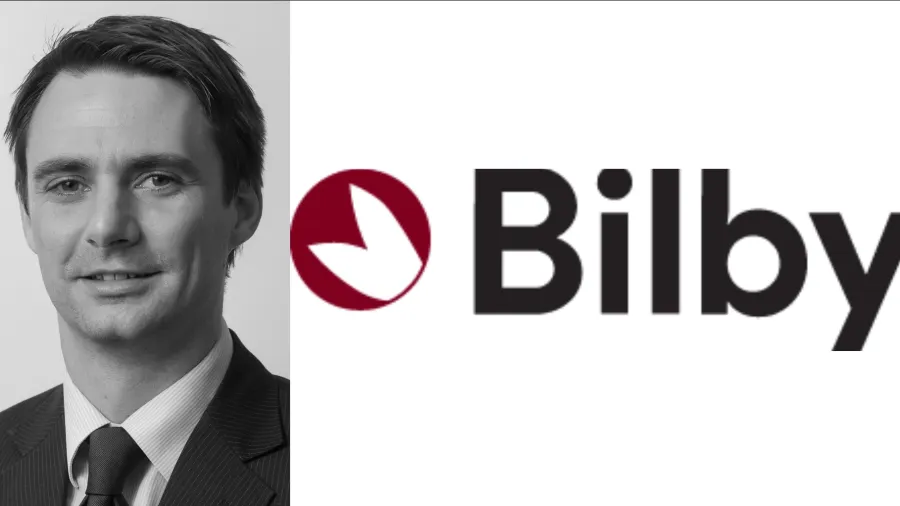
Startup enables business to capitalise on regulatory changes with predictive insights
Bilby.AI predicts regulations by tracking over 100,000 entities in China.
In 2021, the Chinese government cracked down on online education providers, resulting in the drop of share prices of online-tutoring and ed-tech firms that affected multiple investors. One of Bilby.AI’s clients in the financial services sector, however, was spared from the crackdown’s rubble as the platform predicted the regulation three weeks before it happened.
“We provided a signal to our client saying why we thought this change would happen and which sectors would be affected. Then it happened,” Ryan Manuel, founder of Bilby.AI, told Hong Kong Business.
The Hong Kong-based startup also predicted a change in China’s ESG regulations, allowing one of its clients – a bank – to update its portfolio funds ahead of the implementation.
Bilby.AI is able to predict such regulatory changes by bringing data on all policy activities across a sector to a centralised database, which it then queries by running a series of algorithms that in turn generate software.
“We convert whatever comes out of China’s government into trading signals for big quantitative hedge funds, then provide the output as an application programming interface (API),” Manuel explained.
The startup tracks about 110,000 entities, including listed companies in China, Hong Kong, on-shore and offshore, ADRs or companies that are listed in New York Exchanges, and US companies that have exposure in China.
The platform also tracks 31,000 private companies, and around 3,000 to 4,000 top leaders.
What Bilby.AI does is allow businesses to take advantage of changes in a country’s regulations by making policies “testable, predictable, and available as an Application Programming Interface (API).”
The startup’s predictive insights can help improve portfolio management, trading performance, and the pricing of risks.
Digging deep
Bilby.AI was born out of Manuel’s frustration working as a computer programmer, management consultant, and professor on Chinese politics.
Manuel said that working across these three fields, he saw a huge need to understand what China was “saying and doing” using computers.
“After years of frustration waiting for someone else to do something about this, I just decided to do it myself,” Manuel said.
“I [felt like] there were so many missed opportunities to engage and do business and analyse [regulations] that no one was taking advantage of, because there wasn’t a computer model and that could [do it],” he added.
Manuel named his startup after an Australian marsupial.
“The bilby is an Australian desert animal that digs into things. It also has big ears for listening. That seemed like a pretty good metaphor for what I wanted to do: listen more and dig into things better,” Manuel explained.
To “dig into things better” in the future, Bilby.AI is utilising recently raised funds of HK$11.77m (US$1.5m) in three ways.
“One is to improve our operational efficiency as we scale. [That involves] building repeatable and tractable sales. Second is to improve our software for our products. The final part is to expand into new markets,” Manuel said.
Currently, Bilby.AI has models for China and India. Models for Indonesia, Vietnam, Korea and Japan are in the pipeline, said Manuel.
In the next three to five years, Manuel also plans to integrate Bilby’s data and applications at a “vast scale” to become the world’s first regulations-as-an-API business.
“In essence…[we want to] add a regulatory component to financial market trading, to healthcare and pharmaceuticals, to big data companies. All of these things where APIs are starting to talk to APIs and make completely new products. We want all the world’s regulations to be available as an API and a range of different products and signals,” said Manuel.
“We already have a ChatGPT-like functionality within our work. That lets us ask questions about every signal we generate and offer, what’s known as explanatory AI. From that, our next one- to three-year vision is to bring in all our partners and their data and offer them the same function,” Manuel added.
READ MORE: Hong Kong's Hottest Startups of 2023









![Cross Domain [Manu + SBR + ABF + ABR + FMCG + HBR + ]](https://cmg-qa.s3.ap-southeast-1.amazonaws.com/s3fs-public/styles/exclusive_featured_article/public/2025-01/earth-3537401_1920_4.jpg.webp?itok=WaRpTJwE)









 Advertise
Advertise


